$SPY $FXI $BABA
#TradeDeal #USChinaRelations #Tariffs #EconomicImpact #GlobalMarkets #Bridgewater #RayDalio #TrumpPolicies #InternationalTrade #MarketVolatility #FinancialNews #TradeNegotiations
In a recent and potentially groundbreaking development, Treasury Secretary Bessent signaled a significant turning point in U.S.-China trade relations, suggesting that the two economic powerhouses stand at the precipice of what could be a “big deal” on trade. This announcement comes amid escalating tensions and concerns over the impact of President Donald Trump’s tariff policies, which have stirred the global financial markets and raised alarms among investors and policymakers alike. Notably, Bessent’s statement not only addresses the immediate financial implications but also hints at a broader strategic recalibration between the U.S. and China.
The mention of Ray Dalio, the founder of Bridgewater Associates, in this context is particularly poignant. Dalio, a seasoned investor and keen observer of global economic trends, has been vocal about his apprehensions regarding the sharp fallout from Trump’s tariff policies. His concerns underline the broader anxiety within the financial community about the potential disruptions to international trade and the overall stability of global markets. The implications of U.S. tariff policies have been a subject of intense debate, with predictions varying from short-term market adjustments to long-term shifts in global trade dynamics.
The dialogue around a potential “big deal” between the U.S. and China suggests a movement towards negotiation and compromise, a sentiment that has been echoed by various stakeholders in the international trade arena. The resolution of trade disputes and the alleviation of tariffs could pave the way for enhanced cooperation and freer trade between the two countries, potentially unlocking significant economic benefits on both sides. This development is keenly watched by investors, as it holds the promise of reducing market volatility and fostering a more predictable and conducive environment for global economic growth.
However, the path to a comprehensive trade agreement is fraught with challenges. Complex issues such as intellectual property rights, technology transfers, and market access are at the heart of the disagreements between the U.S. and China. The anticipation of a “big deal” thus raises critical questions about the compromises and concessions each side is willing to make. For stakeholders like Ray Dalio and the broader financial community, the unfolding of these negotiations will be a determinant factor in assessing the future direction of global markets and economies. As such, the world remains keenly observant of the developments in U.S.-China trade relations, understanding that the outcomes will reverberate beyond the negotiating table, shaping the contours of international trade policies and economic strategies for years to come.

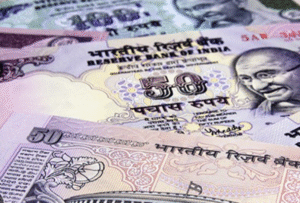


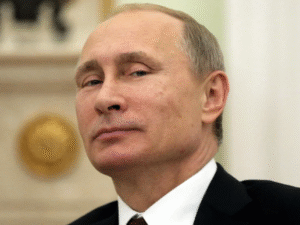
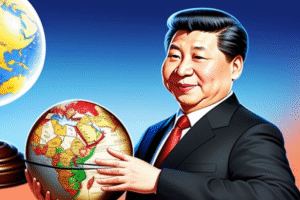
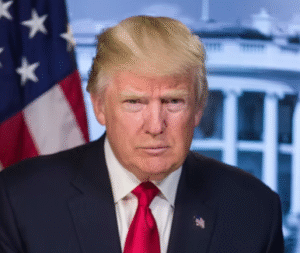
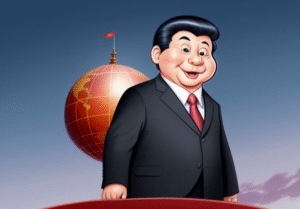


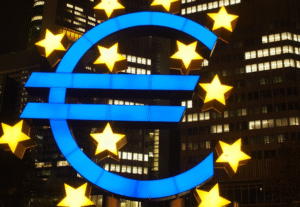
Comments are closed.